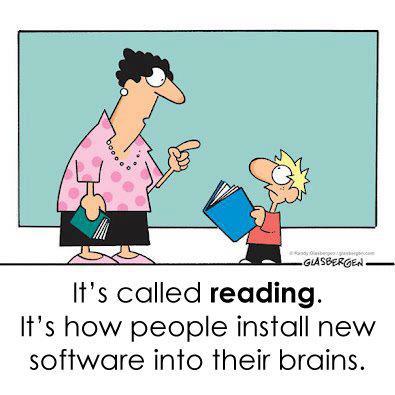On August 21st, thousands of Syrians suffered the effects of an alleged chemical attack by contested Syrian ruler Bashar al-Assad and his regime. According to U.S. reports, 1,400 people died, and many more were injured. Many of those killed and injured were not part of the Free Syrian Army, but innocent citizens, including children. Investigations indicate that the weapon of choice was Sarin, a liquid-to-vapor nerve agent that can cause an array of symptoms, up to and including death. The Obama administration is now pushing for a U.S. military response. The president will hold a vote today (Tuesday) in an attempt to get congressional backing for targeted missile strikes against the Assad regime.
Importantly, this is an openly symbolic act. Obama and his supporters—along with British PM David Cameron , whose Syria plan was recently voted down—explicitly state that they do not intend to change the tide of the ongoing civil war. Rather, military action against the Assad regime acts as a public punishment for the use of chemical weapons, a violation of the Geneva Protocols of 1925 and the Chemical Weapons Convention of 1993. Below are some excerpts from Obama’s remarks a few days ago (here is the full transcript): more...




![I LOVE this. [Image credit: Schroeder Jones]](https://thesocietypages.org/cyborgology/files/2013/08/introverts.jpg)


